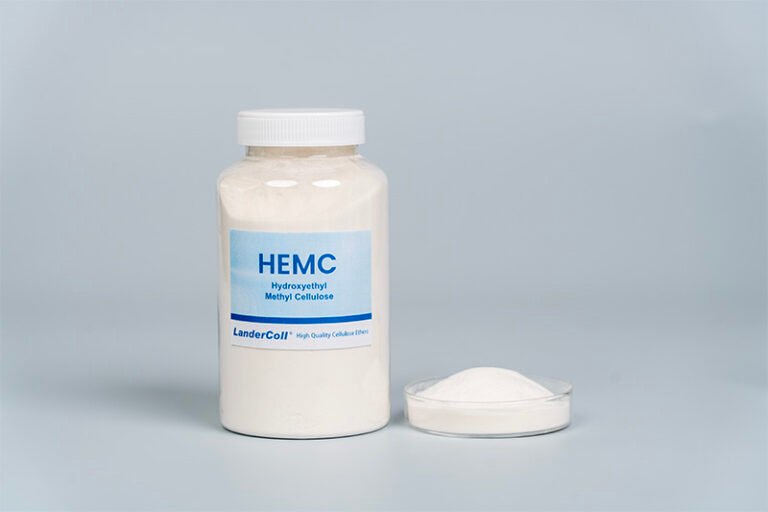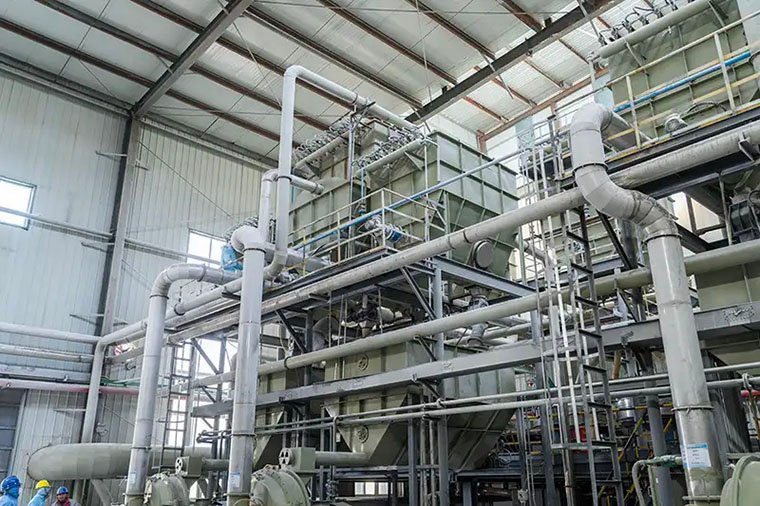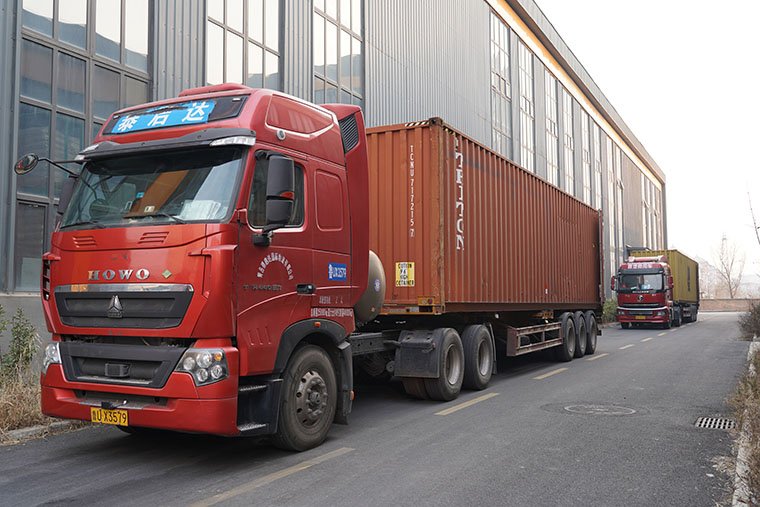
In the construction industry, producing high-quality building materials is vital for ensuring structural integrity, durability, and aesthetic appeal. Defoamers, also known as antifoams, are essential additives that prevent or eliminate unwanted foam during the manufacturing of materials such as concrete, cement mortar, self-leveling compounds, and gypsum products. By controlling foam, defoamers enhance material performance, streamline production processes, and improve the overall quality of construction materials. This article explores the importance of defoamers, their applications, and why partnering with a trusted defoamer supplier is key to achieving superior results.
Foam and entrapped air bubbles can significantly impact the quality of building materials. According to a study by the American Concrete Institute, excessive air content in concrete can reduce compressive strength by up to 5% per 1% increase in air volume. Defoamers address this issue by minimizing foam formation, ensuring a denser and more robust final product. The key benefits of using defoamers include:
Defoamers are versatile additives used across various building materials to optimize performance. Below are some key applications where defoamers make a significant impact:
In concrete production, concrete defoamers are essential for removing entrapped air bubbles that form during mixing or placement. These bubbles can weaken the concrete and affect its workability. Our defoamer solutions are designed to be compatible with common admixtures, such as superplasticizers, ensuring seamless integration into your formulations. For more insights on concrete additives, explore our Concrete Additives Guide.
Cement mortar additives, including defoamers, enhance the consistency and bonding strength of mortar. By minimizing foam, defoamers ensure uniform flowability and reduce shrinkage, making them ideal for masonry, plastering, and tiling applications. Research from the Portland Cement Association highlights that proper foam control can improve mortar durability by up to 20%.
Self-leveling compounds rely on a smooth, bubble-free surface to achieve flawless flooring results. Defoamers for self-leveling compounds ensure rapid foam collapse, enabling even spreading and a high-quality finish. This is particularly important for large-scale flooring projects where surface imperfections can lead to costly rework.
In the production of gypsum products like drywall and plasterboard, defoamers for gypsum products prevent foam formation during slurry preparation. This results in denser, smoother, and more consistent boards, enhancing both manufacturing efficiency and product quality. For additional information on gypsum processing, check our Gypsum Production Tips.
Selecting a reliable defoamer supplier is critical to achieving consistent results in building materials production. Our company offers:
Our defoamers are backed by rigorous testing and comply with industry standards, ensuring trustworthiness and reliability in every application.
Defoamers are indispensable in the production of high-quality building materials, from concrete and cement mortar to self-leveling compounds and gypsum products. By controlling foam, defoamers enhance material strength, improve surface quality, and streamline manufacturing processes. Partnering with a trusted defoamer supplier ensures access to advanced, sustainable solutions tailored to your needs. Ready to elevate your building materials production? Contact us today to explore our defoamer solutions and take your projects to the next level.


LANDU is on standby here to help you find the right solution for your needs. Whether you need free consultation, technical guidance, product samples, or logistical support, our team is ready to assist!

Torres brings over 10 years of experience in the chemical and cellulose ether industry, specializing in HPMC applications across the construction, pharmaceuticals, personal care, and food sectors. With a deep understanding of market needs and regulatory standards, he is dedicated to helping customers in Europe find the right HPMC solutions for their unique requirements.

Cynthia combines technical precision with a problem-solving mindset, helping clients resolve challenges and optimize HPMC for their specific needs. She is responsible for quality control, performance testing, and failure analysis of HPMC across multiple industries. Whether you’re testing a new formulation or diagnosing inconsistencies, Cynthia provides data-driven insights for reliable results.

Our team ensures high standard!and flexible solutions for various
customer needs.